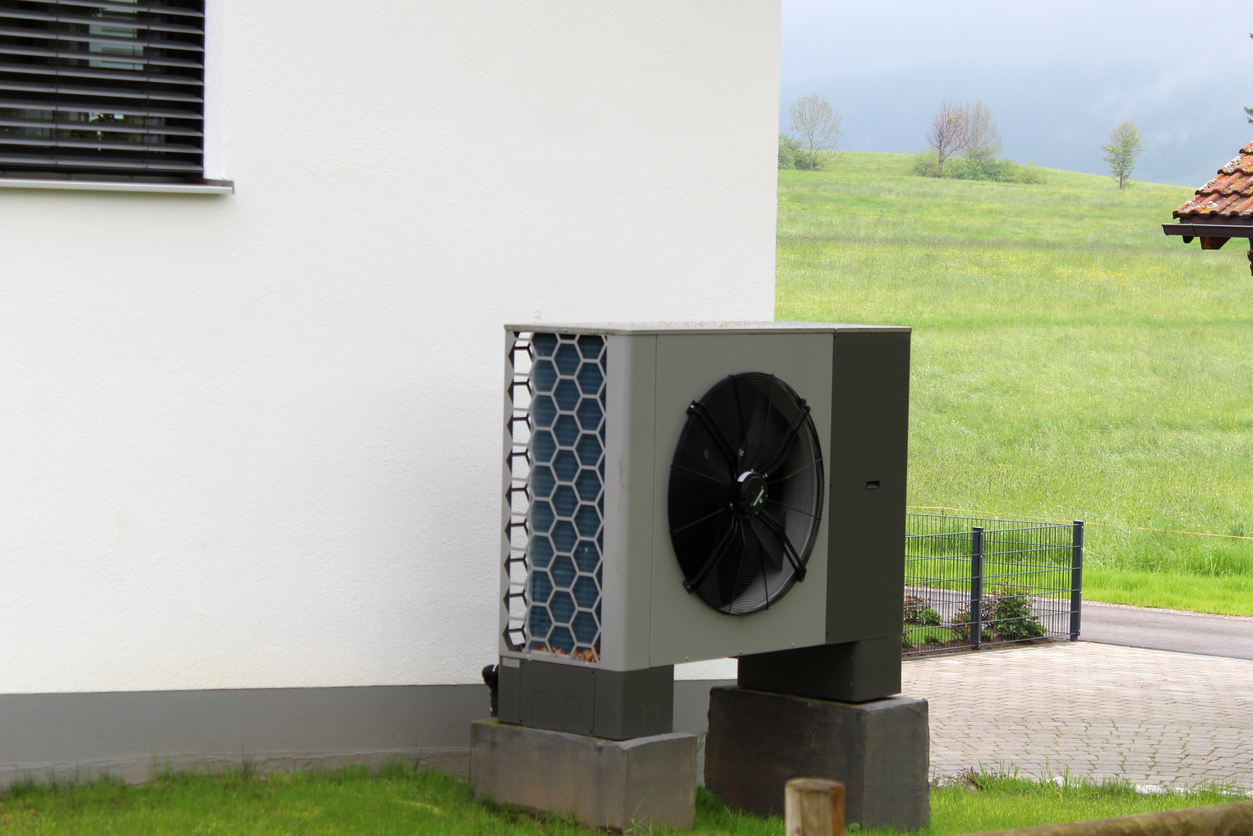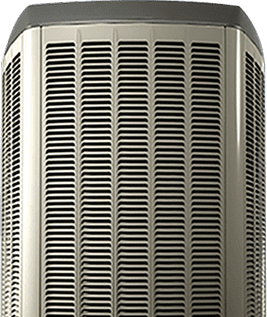What Is A Heat Pump And How Does It Work

What Is A Heat Pump And How Does It Work
Do you want to know how heat pumps work? A heat pump is an innovative and versatile HVAC system that works by moving heat versus producing it. It can extract heat from the air and distribute it efficiently to keep your dwelling cozy all year. A heat pump can offer comfortable heating and pleasant cooling, whether it’s the middle of winter or the height of summer. Knowing how a heat pump works can help you value its energy-efficient performance as well as its role in establishing an inviting indoor environment.
So, let us delve into all there is to know about heat pumps to learn how they work to provide dependable and sustainable heating and cooling solutions! Keep reading for more information!
What types of heat pumps are available?
Ducted air-source heat pumps (ASHP) and ductless air-source heat pumps, also known as a mini-split, are the two predominant kinds of heat pumps used in homes. There is also a hybrid heat pump alternative available.
1. Ducted Air-Source Heat Pumps: These heat pumps are made up of an outdoor component and an indoor unit that is connected by a duct system.
2. Mini-Split Ductless Air-Source Heat Pumps: Because of their flexibility and ease of installation, ductless heat pumps are becoming increasingly popular. They are made up of an exterior unit and one or more interior units that are fitted on the ceilings or walls in separate rooms.
3. Hybrid Heat Pumps: Hybrid heat pumps combine the features of an electric heat pump with that of a standard combustion furnace, which is typically powered by gas. The system switches between the two heat sources automatically based on the outside temperature and efficiency, thereby maximizing the consumption of energy.
Is a heat pump gas or electric?
A heat pump can be gas or electric. However, the most common type of residential heat pump is one that is powered by electricity. Electricity is used by heat pumps to move heat between both indoor and outdoor settings. They operate by obtaining warmth from the outside air (air-source heat pumps) and transferring it indoors to heat your home.
Electric heat pumps are widely used for a variety of reasons. For starters, they are usually more energy-efficient than gas-powered alternatives. They can provide cooling and heating using electricity, which is less harmful to the earth than burning fossil fuels. Additionally, electric heat pumps have the added benefit of being able to change their mode of operation and provide climate control indoors throughout the entire year.
How cold is too cold for a heat pump?
Heat pumps have been engineered to function efficiently in cold temperatures, but their operational efficiency can be compromised. The temperature where a heat pump can fail is determined by a variety of parameters, such as the type of heat pump, the unit’s specific design, how well you have taken care of your heat pump throughout the years, and its size.
Most modern heat pumps can effectively heat a dwelling even when the outside temperature falls below freezing. The most common type, air-source heat pumps, are capable of offering efficient heating down to around -15°C. However, some sophisticated machines are built to run efficiently in significantly lower temperatures.
However, as the outside temperature drops, the heat pump’s efficiency and capacity for heating may be diminished. In icy environments, a heat pump may require supplemental heating to meet the home’s heating needs. This could be any type of backup heating system.
If you live in an area that experiences long stretches of frigid temperatures, you should consult with a qualified HVAC professional who is able to suggest a heat pump system that is appropriate for your climate and heating needs. They can advise you on the particular temperature ranges and operational standards of various heat pump models, as well as whether or not supplemental heating is required in your specific circumstance.
Is a heat pump a good idea in Canada?
Yes, heat pumps can be a good idea in Canada, particularly in areas of the country that experience milder climates, such as British Columbia and Southern Ontario. Heat pumps are incredibly effective heating and cooling systems which move heat from one location to another (either indoors or outdoors) to provide warmth in winter and cooling in the summertime.
Here are some of the benefits of heat pumps in Canada:
· Energy Efficiency: Heat pumps have a reputation for their high energy efficiency. They can produce a more significant amount of heat than they consume in terms of electricity, which makes them a cost-effective heating option.
· Cost Savings: Because of their energy efficiency, heat pumps can help you save money on your monthly bills when compared to standard heating systems. Although the initial price of installation may be greater, the subsequent savings on energy costs can frequently offset the upfront costs.
· Versatile Usage: Heat pumps have cooling and heating abilities, making them suitable for year-round use.
· Environmental Advantages: Heat pumps emit a lesser amount of greenhouse gases than fuel-based heating systems such as oil or gas furnaces. They can help minimize your ecological footprint while contributing to a cleaner environment by transferring heat using electricity.
· Government Incentives: There are several government incentives, rebates, and tax credits available in Canada for installing environmentally friendly heating systems such as heat pumps. Incentives like these can help make up for the initial cost, making heat pumps even more appealing financially.
Do you want to experience these benefits? If the answer is yes, M&K Heating and Air Conditioning is a leading HVAC company in London, Ontario, dedicated to serving homeowners throughout Lyndale, Talbotville, Dorchester, Poplar Hill, Thorndale, and surrounding areas! Call and schedule a consultation appointment with our home comfort advisors today to receive a complimentary new system purchase quote! We look forward to working with you!
